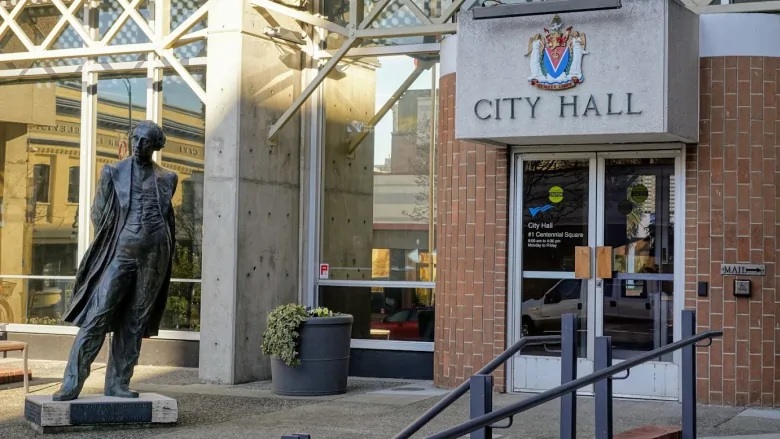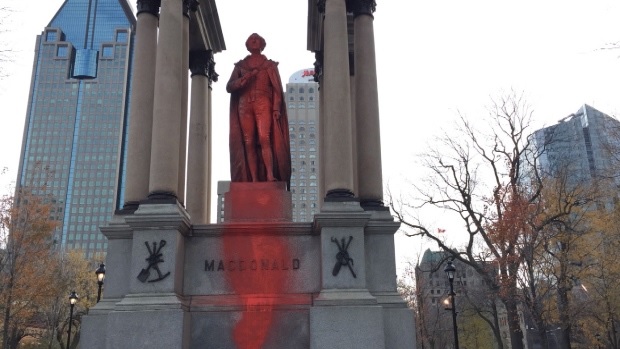For most of Canada’s history, Sir John A Macdonald has been revered as the father of Confederation, the man who in large part created the country out of disparate British colonies.
In recent years, his reputation has come under fire with claims of racism and especially by Indigenous groups and others for his having established the disastrous “residential school system”.
As the anniversary of our first Prime Minister’s birth approaches on January 11th, we speak to Glen Williams (PhD), author and professor emeritus of political Science, Carleton University, Ottawa. He recently penned an in-depth analysis of the man in the prestigious Dorchester Review magazine.
ListenWilliams points out that both Macdonald and his legacy are much more complex than many would like to believe, or would care to take the time to explore.

Professor emeritus, Glen Williams (PhD)
He says many critics of today see themselves as virtuous compared to the past, and are possibly seek to imagine themselves as being more virtuous by criticising the actions of historical figures which would not meet today’s ethical standards.
In the past few years, vandals have attacked statues of Macdonald, in at least one case a statue has been removed from public display to placate criticism. There have been calls as well to remove his name from public buildings and a literary organisation has removed his name from one of their prizes as well.

The statue of Sir John A Macdonald, a long-standing feature in front of the Victoria B.C. city hall, was removed on August 11, 2018. in a move the city hoped would improve relations with indigenous people. (Mike McArthur/CBC)
Williams, and a few other historians, say this action of “removal” is not productive. What Canada is today is the result of the actions and decisions of our past leaders and while some decisions were bad, others helped shape the very good aspects of what we are today.
As we near the anniversary of the birth of our first Prime Minister, Williams says a more balanced analysis of Macdonald, and other historical leaders legacies, is a better way to understand the past. Expunging their names and statues from public spaces is counterproductive in understanding our wider history and how Canada has arrived at the fortunate position it is in today..
Additional information







For reasons beyond our control, and for an undetermined period of time, our comment section is now closed. However, our social networks remain open to your contributions.